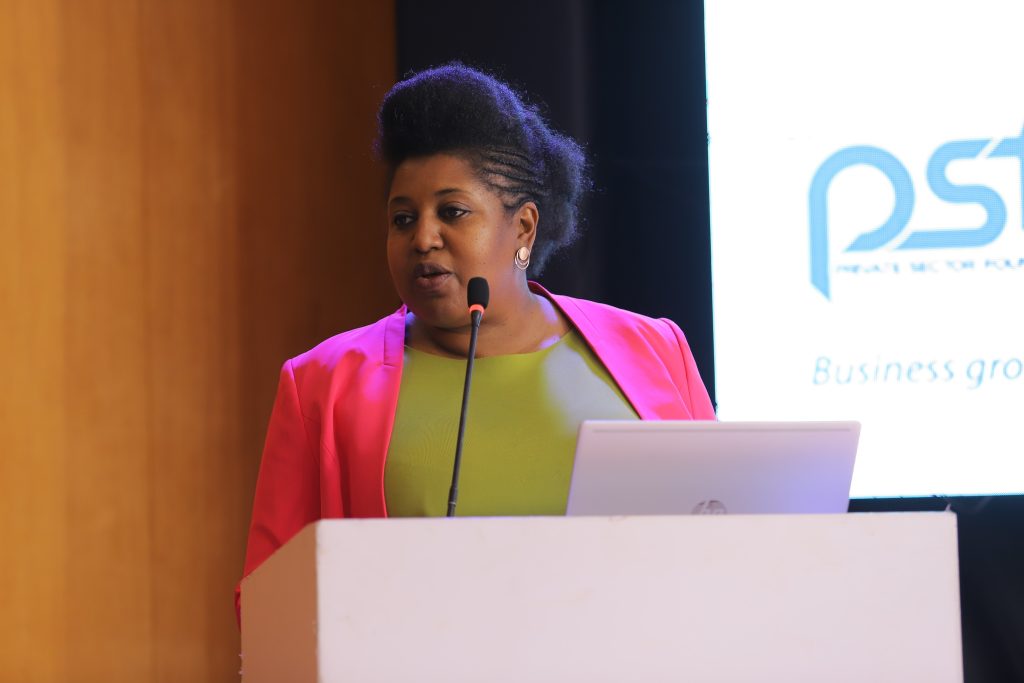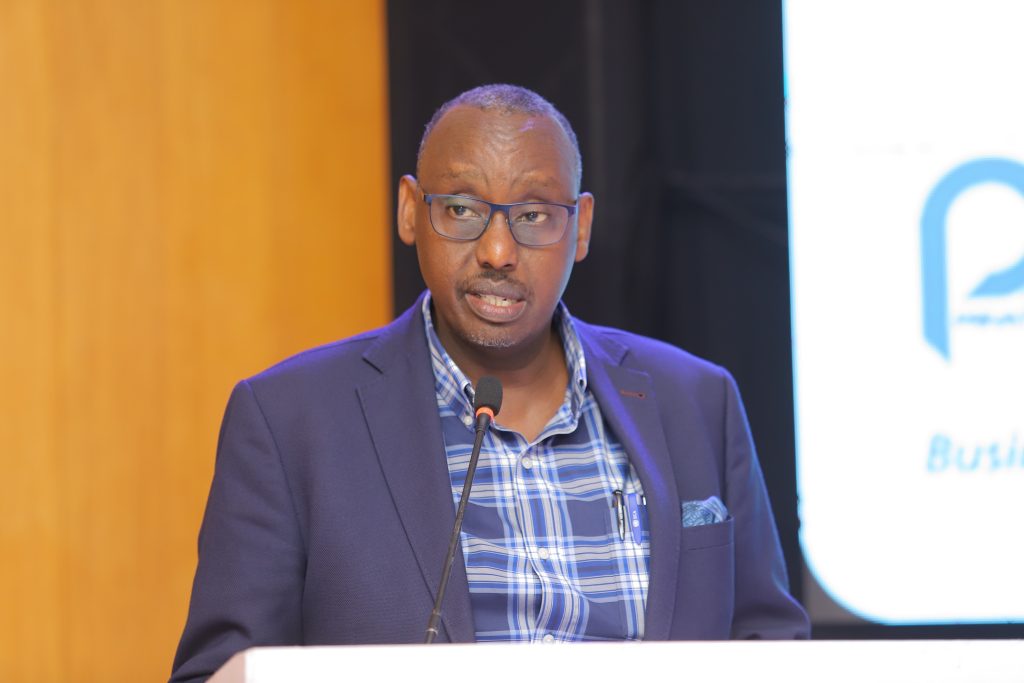A study that evaluates Private Sector Investment and Youth Work Opportunities in refugee settlements and host communities was yesterday released. The study’s findings suggest significant potential for private sector investment in persons of concern and host communities.
According to the report, opportunities exist in sectors such as agriculture, wholesale trade, tourism, hospitality, financial services, energy and lighting, and vocational skills training. As such, investing in these sectors would create revenue and employment opportunities for refugees and host communities.
The agriculture sector provides various opportunities, both upstream and downstream, in agribusiness. These include services related to post-harvest storage, grain processing, fish farming, poultry production, vegetable and fruit production, agricultural inputs, and fertilizer supply.
In the wholesale trade sector, there is an opportunity to establish supply and distribution channels for affordable consumer goods. The financial service sector offers prospects in agent banking, mobile banking, and asset financing.
This latest study was commissioned by the Private Sector Foundation Uganda (PSFU), in partnership with the Mastercard Foundation. During the report launch held at the Kampala Serena Hotel, Ms. Sarah Kagingo, the Vice Chairperson at PSFU, said that the study was conducted in refugee settlement areas including Bidibidi, Nakivale, and Kampala suburbs such as Nsambya, Makindye, and Kisenyi.

“We commissioned this study to assess available opportunities for youth investment, business and employment in our refugee and host communities. The refugee communities present a significant market for goods and services, offering immense potential for the development of sectors like agriculture and its value chain, formalized access to finance, and engagement of private sector companies in the provision of renewable energy products,” Kagingo said.
On his part, Mwalimu Musheshe, the founder of the Uganda Rural Development and Training Institute said they have so far equipped over 350,000 refuges with life transformation skills in the settlements.
“We have about 54,000 artisans in 20 districts and we have about 20 per cent in the four settlements. We also consider the gender acquisition, the people with disability, the female and male,” he said.
“What I thought was not emphasized is that the young people as we train them, there is a disconnect between what they learn to do. They don’t see the context within the private sector.”

A $485 Million Refugee Market.
According to a study by the International Finance Corporation (IFC), areas hosting refugees in the West Nile and Southwest regions spend over $485 million (approximately UGX 1.7 trillion) annually on consumer goods.
The $485 million refugee market size was calculated as the total household consumption expenditure in eight refugee hosting districts in these regions. Most refugees receive cash transfers from donor agencies, and an average household spends about $21 (equivalent to UGX 75,600) per month on items like cooking oil and rice, among others.
Stephen Asiimwe, the Executive Director of PSFU encouraged private sector players to seize the investment opportunities in these communities.

“Between 1.5 million and 1.7 million people provide a substantial constituency that can engage in various businesses. PSFU was approached, and we promptly created a conducive environment. A $485 million market is good business, and this annual consumption surpasses the entire budgets of some ministries and agencies,” Asiimwe said.
“I urge business communities to explore the possibilities of supplying goods to this environment. PSFU has set up a dedicated desk for the business community to inquire about the available opportunities in these settlements.”




